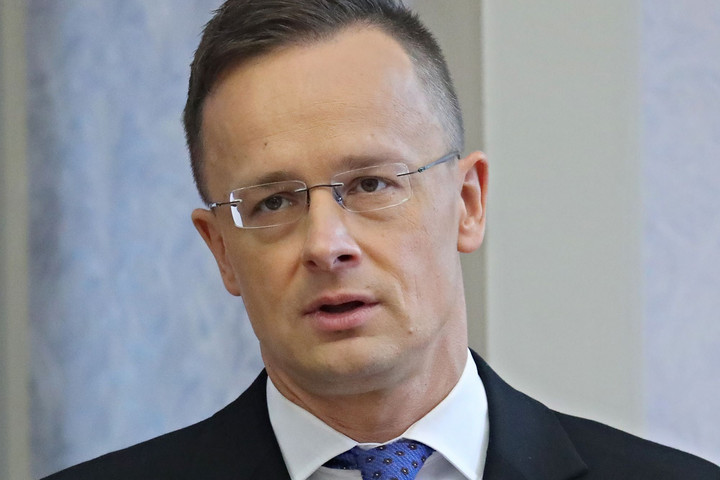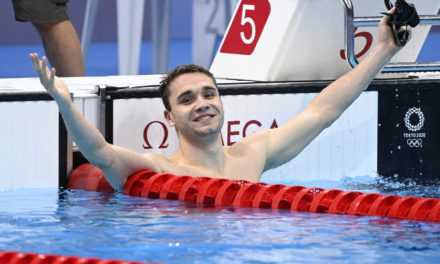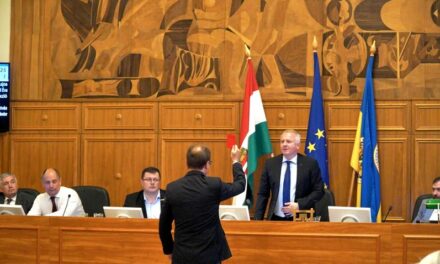In the European Union, there is no possibility for real, democratic debates based on mutual respect, as well as the constantly manifesting double standards, Péter Szijjártó, Minister of Foreign Affairs and Trade, said in a statement from his ministry in Karpacz, southern Poland.
Speaking at the Karpacz Economic Forum, the foreign minister said: it would be important to have an honest discussion about overcoming the challenges facing the continent. However, those whose opinions differ from the mainstream are usually called anti-European and pushed to the sidelines, said the head of the ministry during a panel discussion at the international conference called Europe of the Carpathians, organized by the lower house of the Polish parliament, the Sejm.
Péter Szijjártó added: Hungary is interested in a strong European Union, which is based on strong member states capable of preserving their heritage, national identity, and culture, and completely rejects the extreme, federalist position that aims to create a kind of United States of Europe, and does not want to transfer additional powers to Brussels .
Regarding the EU's competitiveness, Szijjártó stated that the right to decide on their own tax policy should not be taken away from the member states, and that internal competition is also necessary. In addition, according to him, blocking the expansion of the community also reduces competitiveness, especially after the withdrawal of the United Kingdom and the failure of the negotiations on the EU-Switzerland framework agreement.
The Hungarian minister believed that Serbia should be admitted to the EU without delay; this would be a huge stabilization factor for the entire Western Balkans. In addition, as he said, it is also important to see that there is no vacuum in politics; if the bloc does not act, another power will expand its influence in the region.
The minister called Visegrad cooperation the soul of Hungarian foreign policy, underlining that thanks to it, the four countries achieved results in important European matters that they would not have had a chance in alone. He emphasized: If we are not committed, then today migrants would be distributed according to mandatory resettlement quotas in the EU, but we did not give in to the incredible pressure from the outside, we stuck to our position all the way.
Péter Szijjártó finally pointed out: Germany's trade turnover with the Visegrád Four is seventy percent higher than with France. In this regard, he emphasized that Central Europe is the backbone of the German economy, and thanks to the sensible economic and security policy, it has become one of the most competitive regions in the world; for example, every year since 2014, Hungary has broken the record of incoming investments.
Source: Pest Boys












